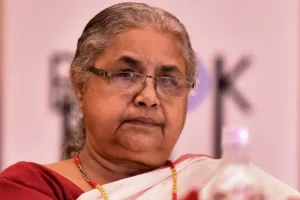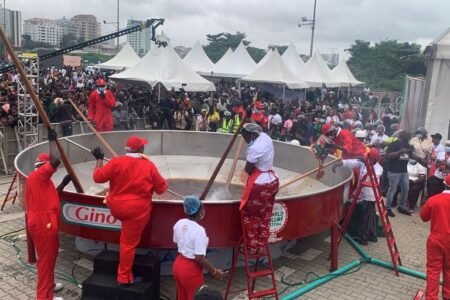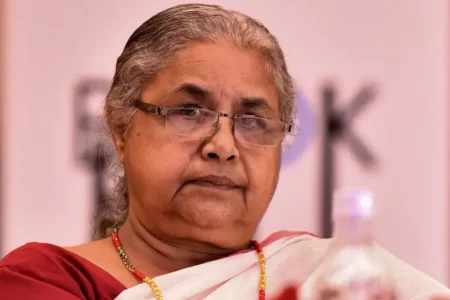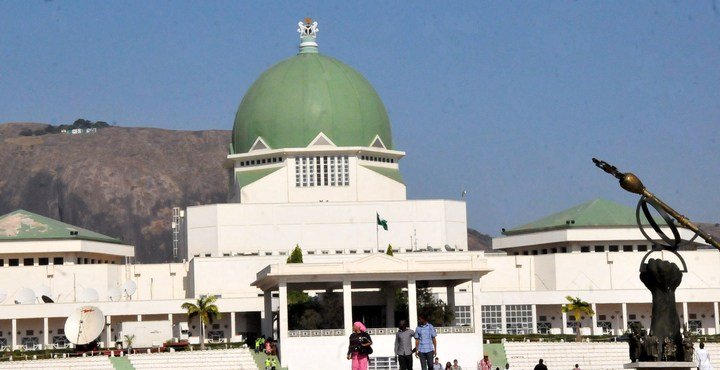US President Donald Trump has stated that he intends to pursue the death penalty for alleged murders in Washington, DC.
During a Cabinet meeting at the White House, Trump stated that the death penalty would be a “preventative” tool.
Hundreds of National Guard and federal law enforcement officials have been dispatched to the United States capital to combat what Trump has previously described as “complete and total lawlessness” in the city, a plan that he has intimated could be replicated in Chicago and other places.
Washington’s mayor, Muriel Bowser, has denied the president’s statements about crime, which has decreased in the city since a peak in 2023.
“If somebody kills somebody in the capital, Washington, DC, we’re going to be seeking the death penalty,” Trump told reporters and cabinet members. “And that’s a very strong preventative.”
Most homicides in Washington, DC, are prosecuted under local law, while prosecutors may pursue the death sentence for federal crimes.
However, the death sentence can only be employed if the jury agrees, which presents a possible issue in a community where the majority of inhabitants oppose capital punishment.
-
17-year-old teenager shoots three in New York City’s Times Square
-
New York gunman was targeting NFL but went to wrong office – Mayor
The president did not elaborate on how he planned to implement the reform.
On the first day of his administration, in January, Trump reinstated the federal death sentence via executive order.
Under his predecessor, Joe Biden, the Justice Department imposed a ban on the federal use of the death sentence.
The executive order signed by Trump in January describes capital punishment as “an essential tool for deterring and punishing those who would commit the most heinous crimes and acts of lethal violence against American citizens”.
“Before, during, and after the founding of the United States, our cities, states, and country have continuously relied upon capital punishment as the ultimate deterrent and only proper punishment for the vilest crimes,” it added.
The majority of executions in the United States take place at the state level, with the death penalty remaining allowed in 27 states, the military, and the federal government.
The Supreme Court overturned Washington, DC’s death punishment in 1972, and the city council eliminated it in 1981.
Decades later, in 2002, the city’s citizens voted overwhelmingly against the death penalty in a referendum put on local ballots by the Republican-controlled US Congress.
While no federal executions have occurred since Trump’s return to office, he oversaw 13 executions in the final months of his first administration, between late 2020 and January 2021.
These executions made Trump the country’s most prolific executioner in almost a century, breaking a 130-year-old practice of halting executions during presidential transitions.
The final execution occurred just five days before he left office in January 2021.
The president’s remarks come as approximately 800 National Guard troops and hundreds of federal officers are deployed in Washington, DC, as part of a crackdown on crime and homelessness, despite the fact that local officials have questioned the need for federal intervention in the city, with Mayor Bowser citing a “huge decrease in crime” that she claimed was at a “30-year violent crime low”.
In recent days, Trump has regularly floated the notion of deploying troops to Democratic-controlled areas such as Chicago and Baltimore.
“I’m willing to go to Chicago, which is in big trouble,” Trump stated during the cabinet meeting.
JB Pritzker, the governor of Illinois, has accused Trump of “attempting to manufacture a crisis”.











